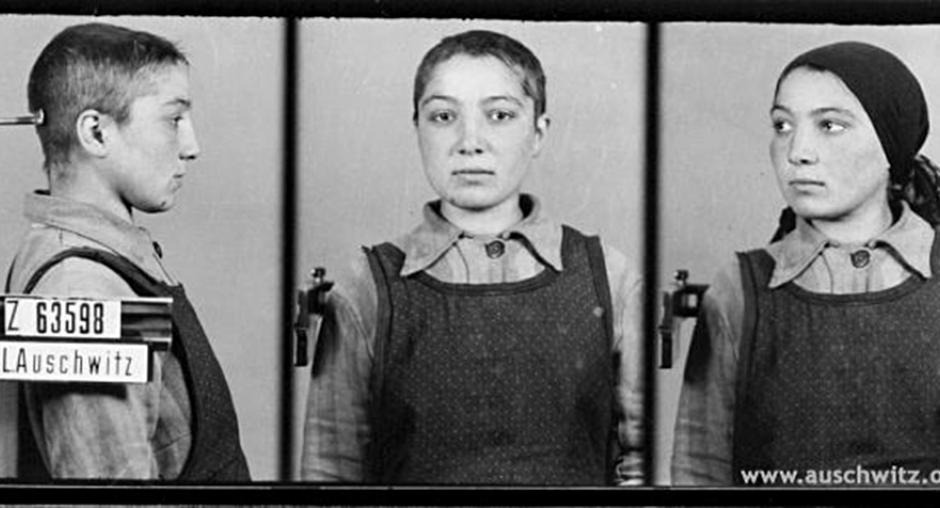Ahead of the 70th anniversary of the “Gypsy camp” liquidation at Auschwitz-Birkenau, OSCE/ODIHR Director calls for leaders to speak out against anti-Roma rhetoric, scapegoating

WARSAW, 1 August 2014 – Michael Georg Link, Director of the OSCE Office for Democratic Institutions and Human Rights (ODIHR), speaking ahead of Saturday’s 70th anniversary of the liquidation of the “Zigeunerlager”, or “Gypsy Camp”, at Auschwitz-Birkenau called today on political leaders not only to refrain from scapegoating Roma and Sinti communities, but also to speak out against racist rhetoric in public discourse that can fuel anti-Roma sentiment in society.
“Seventy years after the liquidation of the so-called ‘Zigeunerlager’, where some 23,000 Roma and Sinti were murdered, public discourse still perpetuates old negative stereotypes against these people,” Link said. “In a number of countries in the OSCE region Roma are portrayed as criminals or social outsiders. The crucial role of the media in constructing and perpetuating these negative images has recently been confirmed by a comprehensive study in Germany. These stereotypes must be countered, both to bring justice to the victims of the Roma and Sinti genocide, and to create a better future for Roma today.”
Link underlined the important role of leadership in combatting these attitudes.
“Public figures, and particularly politicians, have a responsibility to lead by example and publicly condemn racist speech targeting Roma and Sinti,” the ODIHR Director said. “The authorities in OSCE participating States should also work to promote non-discriminatory portrayals of Roma and their communities, in order to prevent the perpetuation of negative stereotypes in the media.”
As mandated by the 2003 OSCE Action Plan on Roma and Sinti, ODIHR promotes the official recognition and teaching about the experience of Roma and Sinti during the Holocaust.
“Teaching about the past and the tragedy of the Roma under the Nazi regime is one key to a better understanding their present situation,” Link said. “Roma and Sinti have long suffered from racism and discrimination, and understanding this history is necessary to promote a more tolerant, inclusive society for all.”
Earlier this year, on 2 June, ODIHR hosted an expert meeting on teaching about the Roma and Sinti genocide in the OSCE area, and will publish a report on the subject later this year.
